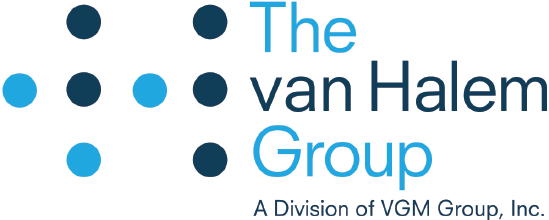By Kim Turner, RN, Clinical Consultant
By now as a complex rehab supplier, you are likely familiar with the Medicare Condition of Payment Prior Authorization (PA) for the eligible power mobility device codes K0813-K0829 and K0835-K0855, K0856, and K0861.
Although the DME MAC Condition of Payment Prior Authorization is seen as a valuable service, what can be easily misunderstood is that, as a condition of payment for Prior Authorization, the DME MACs review the specialty evaluation “to determine the beneficiary’s medical necessity for the “power wheelchair base unit only”. The prior authorization process does not include review of the specialty evaluation to determine the beneficiary’s medical necessity for ALL of the related wheelchair options and accessories and/or wheelchair seating.
DME MACs will not review medical necessity for every accessory. Specific options and accessories that address patient limitations can be considered as part of the prior authorization request when evaluations support the need. Prior Authorization review, to determine medical need, will include integral accessories such as:
- Power seating power tilt (E1002), power recline (E1003, E1004), and combination tilt and recline (E1007, E1008).
- Head control interface (E2327, E2328, E2329, E2330).
- Sip-n-puff interface (E2325).
- Joystick, other than a standard proportional joystick (E2312, E2321, E2373).
- Multi-switch hand control interface (E2322).
- Seat cushions (skin protection, combination skin protection and positioning, positioning, and custom fabricated).
However, the accessories listed below are often exempted from review during the Prior Authorization review:
- Headrests (E0955)
- Lateral hip/trunk/thigh supports (E0953, E0956)
- Swing away hardware (E1028)
- Electronics (E2310, E2311)
- Leg rests (K0195, K0108, E1010, E1012)
- Batteries (E2361, E2363, E2359)
Lack of a complete and thorough review of the medical records for wheelchair options and accessories leaves the supplier vulnerable to potential overpayments in the event of a post payment audit. The van Halem Group is here to help you reduce the risk of what could amount to a substantial repayment to Medicare.
What are benefits of van Halem Group prescreen services prior to sending documents to prior authorization?
- vHG requires and reviews the IVR print out as part of the prescreen review process.
- The IVR documents any same/similar equipment already in use that may be less than 5 years old.
- Also, if there is same/similar equipment already in use, vHG then reviews the medical records to ensure that the records clearly document a significant change or decline in the beneficiary’s’ condition that would justify and support new equipment in less than 5 years.
- vHG requires and reviews the face to face examination and the LCMP specialty evaluation as part of the prescreen review process.
- vHG determines if the recommended (or ordered) power wheelchair base, all related options and accessories, and/or all wheelchair seating are sufficiently justified and supported in the medical records.
- This allows the supplier to include the required KX modifier with confidence that the medical records document sufficient justification should Medicare or other audit entity requests the medical records during a pre or post payment claim audit.
- vHG requires and reviews the ATP Evaluation to ensure that the ATP’s participation in the selection of equipment is properly documented and satisfies Medicare ATP guidelines.
An additional benefit of vHG prescreen review, is the valuable staff education regarding the Medicare coverage and payment guidelines and recent updates to the LCDs, policy articles, and HCPC billing codes.
What are the consequences of insufficient medical records following a Medicare or other audit entity post payment?
- Extra time and work to prepare and submit for appeal.
- Full or partial overpayment of monies allowed by Medicare in error.
If you receive an overpayment, you are obligated to refund the money to Medicare. It is in your best interest to immediately refund the requested amount. This will help you avoid an offset and accruing interest. Risk of denial for improper use of KX modifier. Many policies use the KX modifier to indicate compliance with specified coverage criteria. Proper use of the KX modifier expedites claim processing. Increasing numbers of claims are submitted without the modifier resulting in a growing appeals volume.
The overall big picture for Medicare is the post payment audit, which is where overpayments are determined. To avoid becoming susceptible to Medicare overpayments, the van Halem Group can provide you prescreen services to help reduce risk of losing Medicare dollars for seating and accessories that are not reviewed during prior authorization.
Contact Us today for more information!

